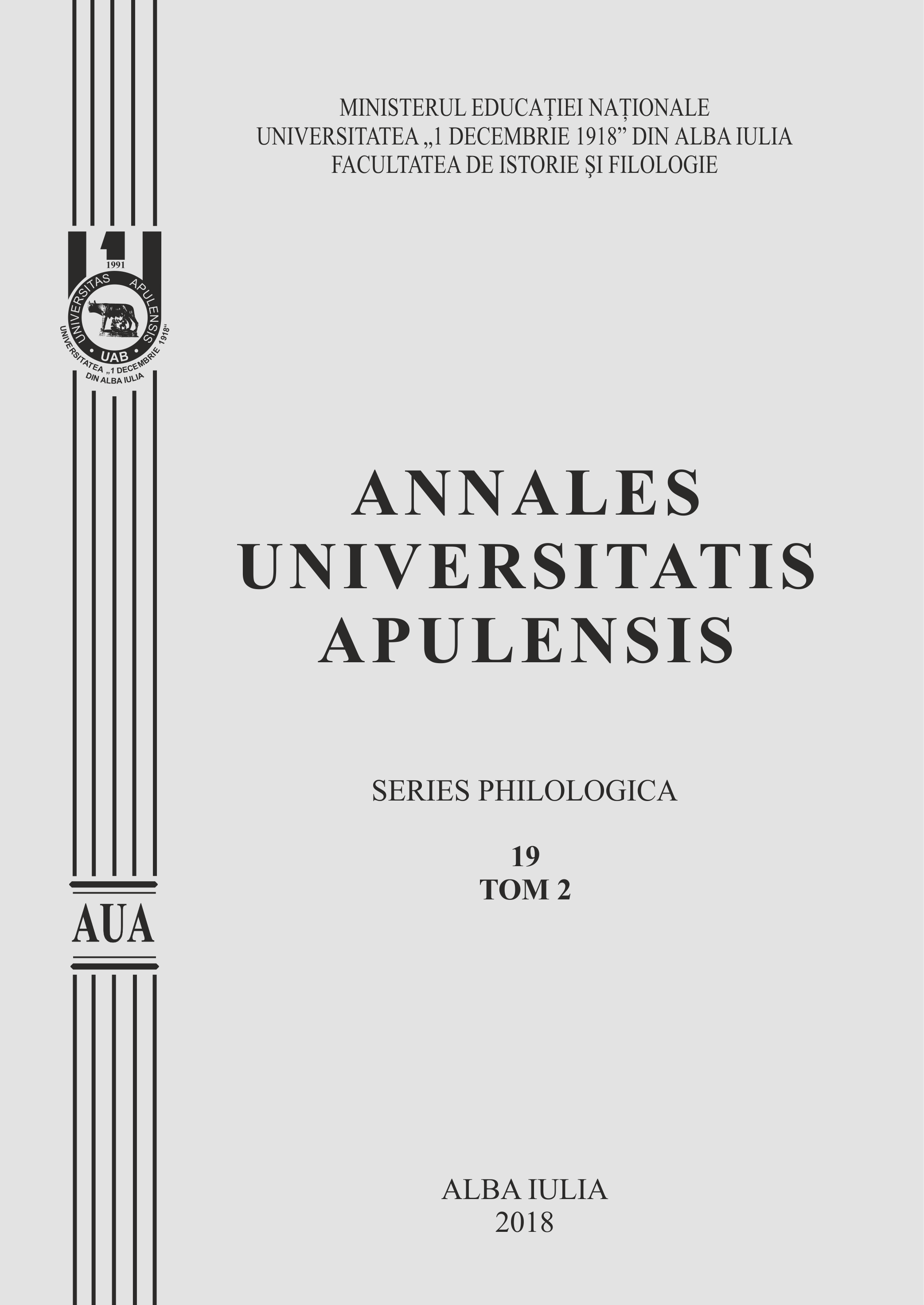L’EXPOSÉ ORAL – UTILITÉ ET CARACTÉRISTIQUES DANS LE CONTEXTE DU FRANÇAIS SPÉCIALISÉ
L’EXPOSÉ ORAL – UTILITÉ ET CARACTÉRISTIQUES DANS LE CONTEXTE DU FRANÇAIS SPÉCIALISÉ
Author(s): Adina Irina Forna, Cristina-Ana MăluţanSubject(s): Language and Literature Studies, Applied Linguistics, Language acquisition, Cognitive linguistics
Published by: Universitatea »1 Decembrie 1918« Alba Iulia
Keywords: oral presentation; presenter; non-verbal communication; audience; self-evaluation;
Summary/Abstract: Oral and written communication in the academic environment present common methodological principles but they can present different characteristics and instruments. In the case of written texts, the progression is visible due to the usage of titles, subtitles, sections, key-words, etc, in the case of the oral presentations, the check-points are offered to the audience so that they can follow the progression of the discourse. This article aims to analyse certain characteristics of the oral presentation which combines psychological resources, linguistic codes and argumentative structures. The success of an oral presentation in an academic or professional context is ensured by how well the knowledge is mastered, by how exact the claims are, by the quality of the demonstration and the ability of the speaker to persuade and communicate. The oral presentation is the most used instrument to provide the public (during lectures, conferences, conventions or other types of university or scientific reunions) with certain landmarks and information in a certain area of interest, in this case, science and technology. We shall focus now on the preparation steps of an oral presentation as well as the presentation techniques.Public speaking can be a very daunting task for some students; one must be trained in this area, for being able to feel comfortable and well-spoken are elements of success not just during the study years, but also as a future engineer. Certain competences are needed: a well-developed vocabulary (also from a specialised point of view), the ability to build well-structured phrases, the ability to use logic connectors and the ability to use the language properly (a clear pronunciation, non-verbal communication and mannerism, knowing the audience and adapting the message accordingly, etc). Therefore, the oral presentation implies a process of learning. Our article will deal with a few main themes:- Preparing the presentation: choosing the topic, searching and gathering information, sorting documents, organising ideas and contents (title, detailed plan that contains the introduction, contents, conclusions), preparing the presentation materials (notes, audio-visual support)- Preparing the presenter (outfit, body language, voice, stress management, etc)- Preparing the delivery (dynamic presentation, means to attract the audience’s attention, dealing with questions, etc.)Every oral presentation must become an opportunity for the presenter to self-evaluate. This evaluation assesses the contents of the expose but also the physical presence of the presenter and their oratorical qualities. A critical approach is very useful because it can be used to correct the weaknesses and reinforce their performance during future presentations.
Journal: Annales Universitatis Apulensis. Series Philologica
- Issue Year: 19/2018
- Issue No: 2
- Page Range: 286-294
- Page Count: 9
- Language: French

